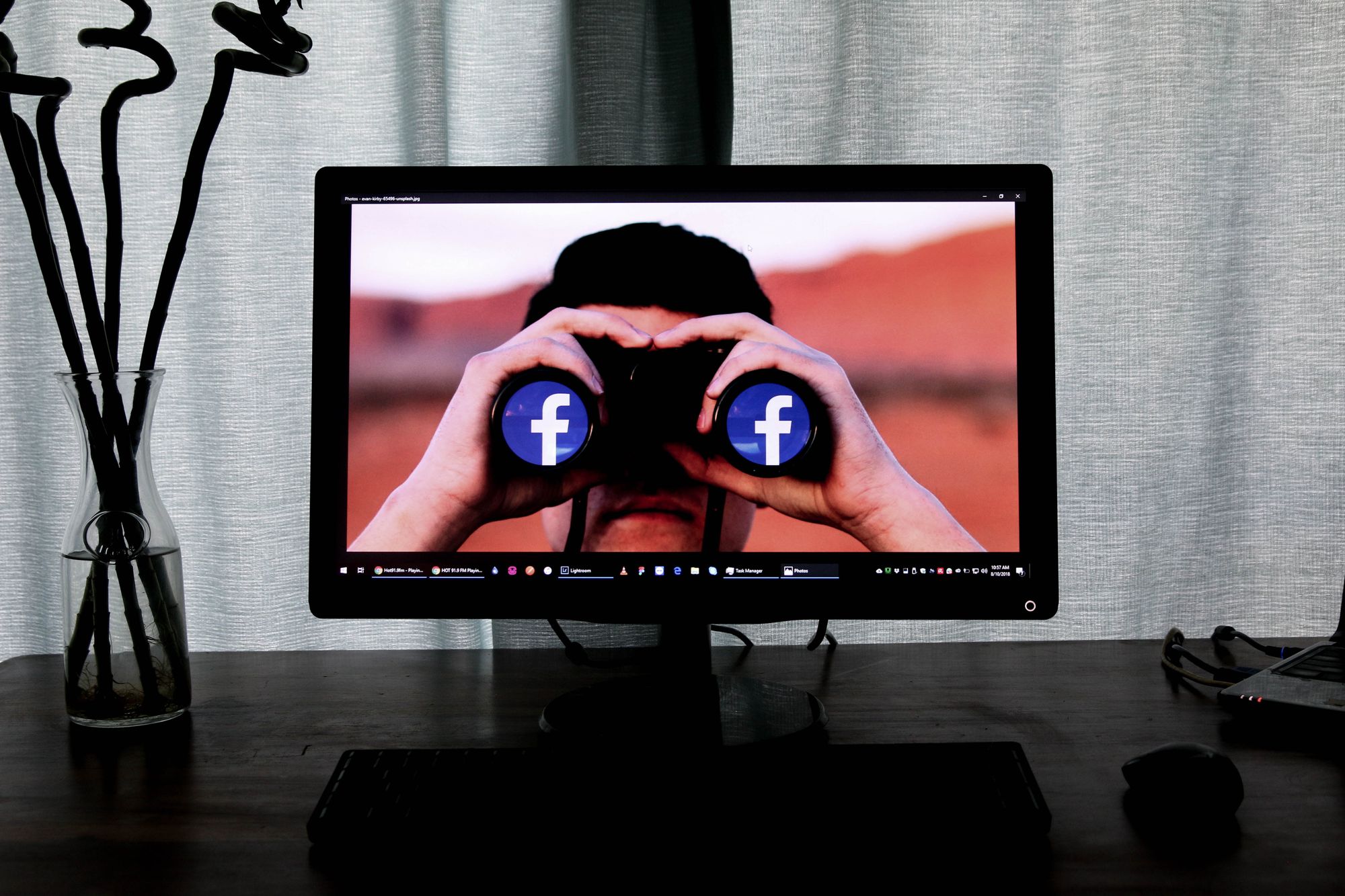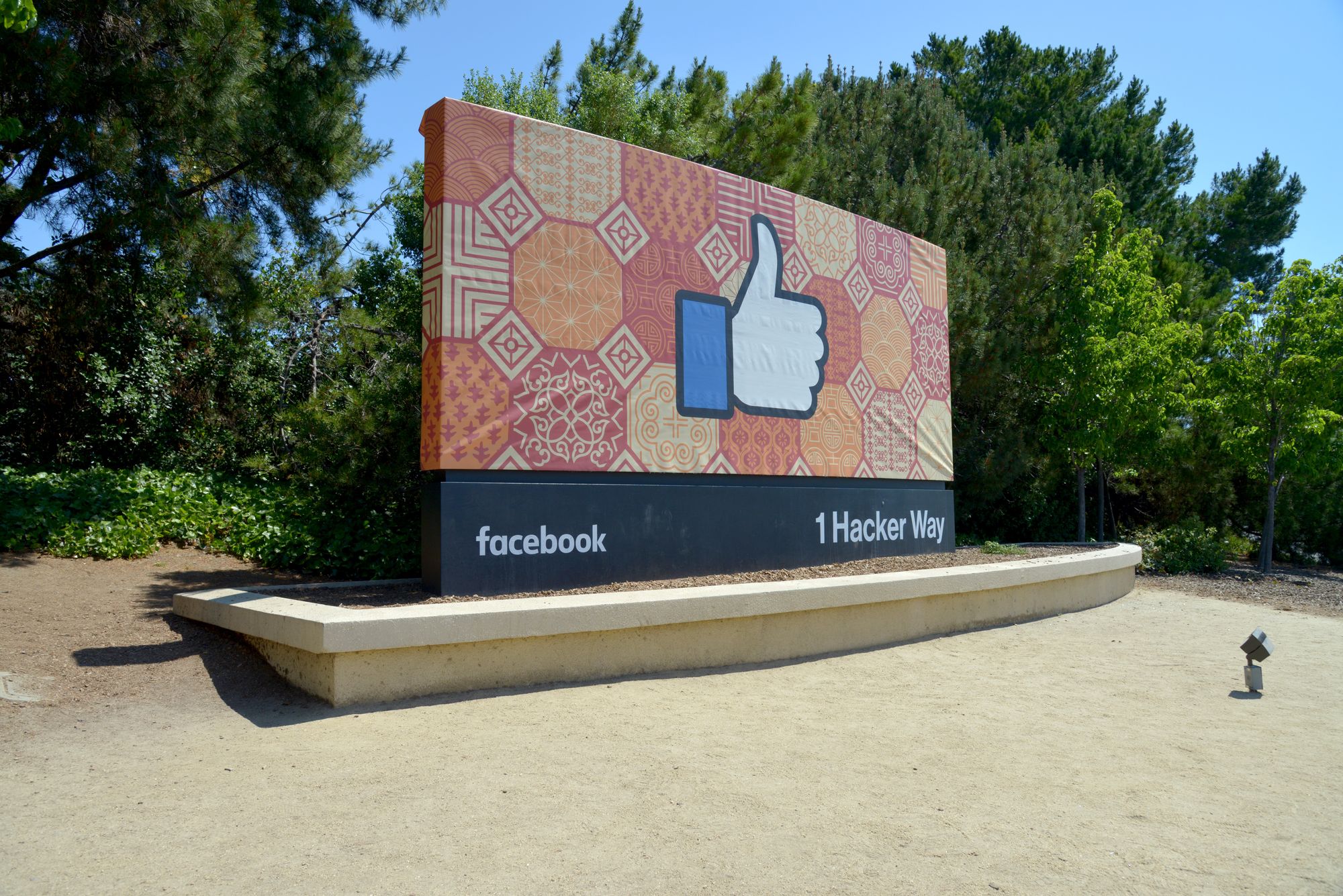
😎Facebook Partners with Ray-Ban to Launch its first Smart Glass
Facebook smart glasses allow users to listen to music, capture photos, shoot short videos and take calls. As well as share their experiences, of course...
Share this story!
In the race to become the first company to offer sunglasses that add a virtual layer of contextually relevant and meaningful information to your physical world, Facebook’s Mark Zuckerberg unveiled the company’s debut smart glasses.
Launched on September 9th, the smart glasses are the result of Facebook's partnership with Ray-Ban - a trendsetting eyeglasses brand owned by EssilorLuxorttica.
The smart glasses are designed to allow users to listen to music, capture photos, shoot short videos and take calls. Users can choose to share the content they capture on Facebook’s social media platforms, including Instagram and Whatsapp. According to Facebook, the glasses will sell at a starting price of $299.
The tech race is on
Facebook is not the first tech giant to venture into the smart glass sector. Early offerings like the Google Glass in 2014 failed after multiple years of development due to their expensive price tags and design issues. Tom Wheeler, visiting fellow at Brookings, summarizes how Facebook has overcome the obstacles Google had:
...the devices are priced at about one-fifth of Google Glass, and look like the Ray-Bans Tom Cruise made famous in the movies.
Other giant tech firms in the race to develop smart AR (augmented reality) glasses include Amazon, Apple, Snap, and Microsoft.
While announcing the launch, Facebook’s CEO said that the company is “going to be the next step on the road to augmented reality glasses.”
“They look pretty good too”, added Zuckerberg.

Although Facebook’s primary revenue source is from advertising, the social media giant has made a significant investment in virtual and augmented reality. So far, Facebook has developed its Oculus VR headsets and is currently working on wristband technologies that are primed to complement the unveiled smart glasses.
Apart from Google, Snap also launched smart Spectacles in 2016 and later launched AR glasses that were only offered to AR creators. According to Evan Spiegel, Snap's CEO, mass adoption of AR smart glasses would take a decade.
Building a new world
With the launch of its smart glasses, Facebook is now on track to building the metaverse. Recently, Zuckerberg announced plans to shift towards becoming a metaverse. The term was first coined by writer Neal Stephenson in his 1992 dystopian novel called "Snow Crash."
Simply put, it represents a virtual reality world made up of always-on virtual environments and online platforms that allows users to interact with one another as well as with the virtual objects built into that virtual world.
In a video posted on his Facebook page, Zuckerberg said, “We believe for a long time that glasses are going to be an important part of building the next computing platform.”
Data privacy concerns, especially with facebook’s launch of the smart glasses, are still prevalent given previous criticisms over Facebook’s handling of user private data. However, Facebook assured wearers that it would not access the content produced by the smart glasses without the user’s consent.

The company also added that the smart glass experience would be free from advertisements and that Facebook would not use the content produced on the smart glasses to curate personalized advertisements for wearers.
Some of the technical features and functions that come with the smart glasses include an optional virtual assistant for taking videos and photos. Users can capture videos and photos hands-free with a voice command, and they can also listen to podcasts and videos online using the Smart Glasses. The glasses can also be turned off for privacy purposes, and they come with an LED light that shows when the camera is recording.
By becoming a premium supporter, you help in the creation and sharing of fact-based optimistic news all over the world.